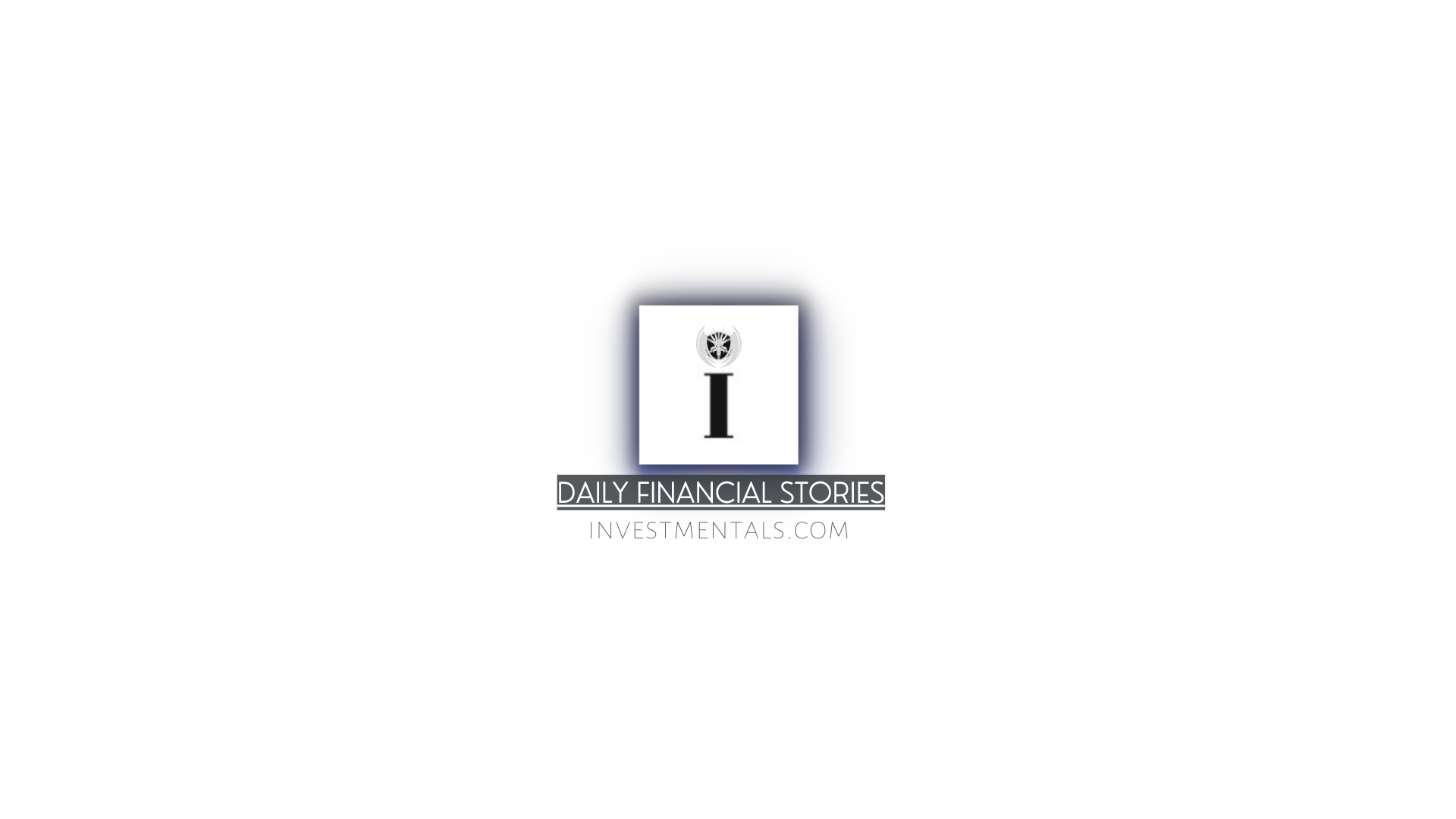Small business confidence in the United States has scaled an impressive eight-month peak this July, accompanied by a notable plunge in apprehensions regarding inflation, according to a report released Tuesday.
The renowned National Federation of Independent Business (NFIB) revealed that its Small Business Optimism Index ascended by nine-tenths of a point, culminating at 91.1 in the preceding month, marking the most elevated level since the bygone days of November 2022.
The month of July witnessed a strikingly divergent sentiment among small businesses, with a mere 21% expressing inflation as their predominant concern—a remarkable low point in readings since November 2021, signaling a 13-point drop compared to the corresponding period of the previous year.
The apparent upswing in positive sentiment seems to have been transmuted into actual actions, as evidenced by augmented commitments to labor and capital investment schemes.
Impressively, over a quarter of these enterprises outlined their intent to funnel resources into capital ventures, while 17% articulated plans to amplify their workforce – an increment of 2 percentage points in comparison to the prior month’s statistics.
The optimistic trend doesn’t stop there. Small-scale enterprises unveiled a sunnier outlook on near-term economic landscapes, as mirrored in the NFIB’s general business conditions outlook index. This barometer soared by an astounding 10 points, albeit resting at a negative 30.
Notably, this development has placed the narrative in stark contrast to the panorama observed since August 2021, marking an intriguing shift in business perspectives. This recent progression seemingly marks a departure from the downbeat views held by these businesses since December 2020, which marked the aftermath of former President Donald Trump’s electoral defeat.
Amidst these hopeful vibrations, a note of cautiousness surfaces. The fading consumer demand has cast a shadow on the confidence in reaping sustained benefits from escalating price dynamics. Consequently, the count of firms plotting price hikes contracted to a net 27%, a nadir observed since the month of April.
The current trajectory carries an added significance for the Federal Reserve, whose efforts to tighten the monetary reins through a series of 525 basis points worth of interest rate hikes appear to be effectively tempering the appetite for credit among these small businesses. A notable 62% conveyed disinterest in acquiring a loan, indicating a 2-percentage-point rise from the figures recorded in June. In addition, 25% revealed that their credit requisites had been adequately fulfilled, denoting a 2-percentage-point decrease compared to the preceding month.
However, the prevailing scenario does not seem to be fostering a perception of tightening credit conditions. A consistent 6% maintained that their most recent loan procurement did not entail a greater level of difficulty when compared with their previous endeavor. This unwavering standpoint signifies a certain stability in credit accessibility, which is being upheld in the face of fluctuating economic dynamics.







